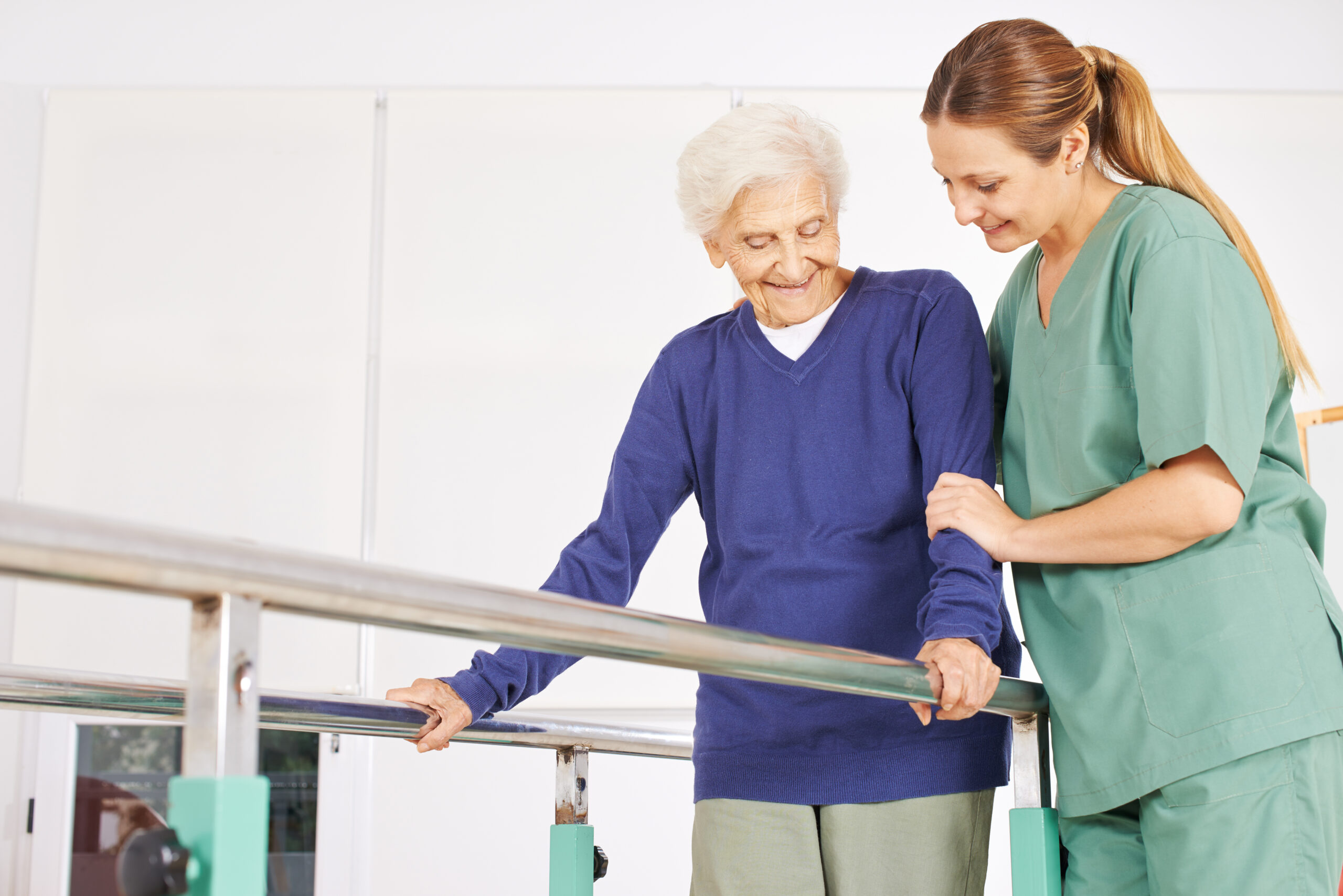Signs of Caregiver Burnout

Caregiving roles have grown exponentially in the past few decades. Caregivers may be professionals, volunteers, or family members. It is a role that requires a great deal of compassion and energy. Taking care of another person is difficult work that can be very taxing physically and emotionally. Therefore, caregivers are especially susceptible to caregiver burnout and compassion fatigue.
Caregivers who are unpaid and taking care of a family member are often at the greatest risk of caregiver burnout or caregiver fatigue. There are several reasons for this, but they include:
- financial worries about the cost of outside care
- taking unrealistic responsibility for the loved one’s health and outcomes
- fear of making mistakes or allowing others to participate in care
- losing sight of one’s own needs
When a severe case sets in, the unfortunate result is often poor health outcomes for both the caregiver and the care receiver. It’s vitally important for all caregivers, and those who love them, to be on the lookout for caregiver burnout symptoms so that they can be avoided.
Caregiver Burnout vs. Compassion Fatigue
Many people who enter a caregiving role are doing so with little prior experience. Therefore, they may ask what is caregiver burnout? At the outset, the concept of burnout may seem unlikely because the decision to care for others came so naturally.
In fact, the stages of caregiver burnout can often occur very gradually, so that many people don’t even realize they are experiencing fatigue or burnout until it is almost too late. Burnout is typically preceded by fatigue. Compassion fatigue is a well known concern in the helping professions. When a person’s chief role is caring for others, especially the aging or chronically ill, they can get stuck in the upsetting emotions of sickness, deterioration, and death. The caregiver does not balance this draining work with uplifting or energizing experiences, and they become exhausted.
Signs of caregiver fatigue include:
- Physical and mental exhaustion
- Feelings of hopelessness or helplessness
- Withdrawing from social activities
- Making mistakes in the caregiving work
Caregiver burnout is a much more serious development. When burnout occurs, the caregiver is beyond fatigued. They are actually in a state of mental and emotional distress.
Caregivers who reach the burnout stage may become a danger to themselves or others. It is especially important for non-caregivers to watch for spouse caregiver burnout, or burnout in other scenarios where the caregiver and patient are alone together for much of the day.
Symptoms include:
- Depression
- Total numbness to self and surroundings
- Withdrawal from daily activities
- Neglectful or abusive actions towards the one receiving care
- Sleep deprivation, eating disorders, and nervous breakdowns
Severe caregiver burnout is a dangerous state, and it can come with terrible consequences. If you are in a caregiving role, it is critical to your health to avoid falling into caregiver fatigue or caregiver burnout.
How to Avoid Caregiver Burnout
The number one way to avoid caregiver burnout and caregiver fatigue:
Take care of yourself.
“Self care” is not a trendy way to describe self-indulgence. It is a vital part of wellbeing that everyone needs to survive and thrive.
What does self care involve? Here are some basics:
- Get enough sleep, eat a healthy diet, and get regular exercise
- Spend time outside every day, even if just for a few minutes
- Schedule time off from caregiving and do not allow yourself to be “on call”
- Consider a respite service to help take care of your care receiver
- Spend time with friends or in social situations that are not associated with your caregiving role
- Spend time in a hobby or learning a new skill that interests you
- Schedule and attend your own medical and dental appointments
- Join a support group or seek individual counseling to process the emotions of your work
- Spend time in enjoyable activities with your care receiver to add positive associations to the work
- Remember that you are human and give yourself grace in your role
Caregiving is a loving and selfless role, but it cannot be done if one gives away the whole self. Take time to be you, and it will help you avoid caregiver burnout symptoms. If you find that you need a break from caregiving, a respite stay can be a helpful option. Your loved one will receive qualified care in a loving environment during your time off to rest and refresh.
Back to Education Center
